We hope you love the products we recommend! Just so you know, all products featured here are independently selected by our editors and writers. If you buy something through links on our site, we may earn an affiliate commission at no cost to you. Thank you if you use our links, we really appreciate it!
How to Choose the Best Senior Cat Food: A Complete Guide
As cats age, their dietary requirements change. Senior cats may have different dietary requirements than younger cats, and it’s important to choose a cat diet that will meet those requirements. Feeding the right diet can help maintain your elderly cat’s health and well- being, and may indeed add times to their life.
In this guide, we’ll cover everything you need to know about choosing and buying the best senior cat food.
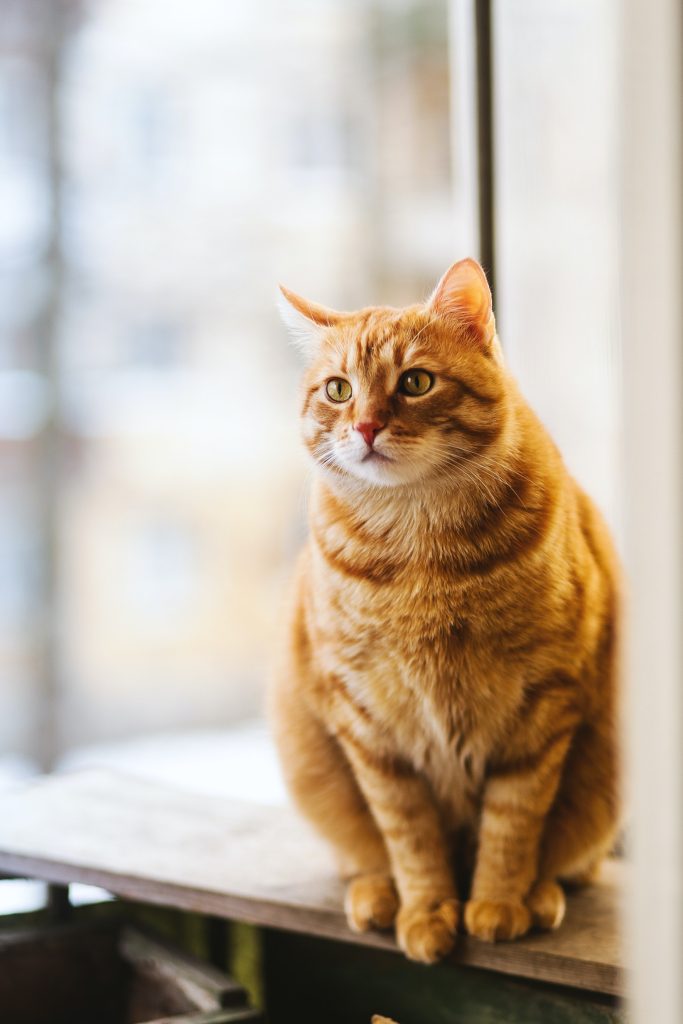
Introduction
When a cat reaches their golden years, their metabolism slows down and they require a different type of food to support their changing needs.
Older cats may have difficulty chewing, digesting, and absorbing nutrients from their food. They may also have a decreased appetite, making it challenging to ensure that they’re getting the nutrients they need.
Older cats are at a bigger risk of developing health problems such as kidney disease, dental problems, and digestive issues, which can be exacerbated by poor nutrition. It’s essential to choose the best food that meets the nutritional needs of your aging cat.
A well-balanced and nutrient-dense diet can help to improve their quality of life and prevent the onset of age-related health issues.
Top Rated Best Senior Cat Food
- 24 vitamins and minerals to help support vital functions and protect the body
- Totally fresh at opening and continues fresh until the end
- Easy on stomach
Editor Choice!
- Moist ingredients in every pouch
- Source of nutrition and minerals filled with irresistible flavoured chunks
- Suitable for indoor and outdoor felines
- High-quality ingredients promote complete nutrition.
- Box with 4 lavish varieties: Chicken, Duck, Turkey, and Poultry.
- Without artificial colours or preservatives.
- James Wellbeloved combines wholesome natural ingredients with tasty flavours to help keep your cat energised and healthy
- Made from natural ingredients and one select source of animal protein (fish)
- IAMS for Vitality with fresh chicken for senior cats is a 100% complete and balanced pet food
- Tailored fibre blend including prebiotics and beet pulp for healthy digestion & High quality animal protein and essential nutrients to promote healthy joints
- Taurine to nourish the heart & Omega 3 & 6 to support healthy skin and shiny coat
Unlocking the Mystery: At What Age Is My Cat a Senior ?
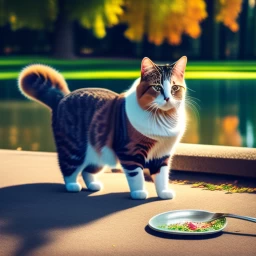
We often think of cats as being independent, self-sufficient creatures. To some extent this is true, but as they age and their needs change, it’s important to know how to properly care for them.
A common question among cat owners is, “at what age is my cat a senior?” The answer is not one-size-fits-all.
Much like humans, cats experience different health problems and changes as they age.
Therefore, it’s important to understand the signs and symptoms of an aging cat so you can provide the best possible care.
Understanding Different Ages in Cats
As cats age, it can sometimes be difficult to determine when a cat is no longer a kitten and is considered a senior. For the owner, it is important to understand the different stages in cat aging so you know when to watch for signs of illness and disease.
While the exact age at which a cat is considered a senior varies, there are some general guidelines that can help you make an informed decision about when your cat has entered into their senior years.
5. Lastly, cats can also be classified as geriatrics. This age range is typically over 15 years old. During this stage, cats are more susceptible to illnesses and require more care and attention from the owner. It is important to watch closely for any physical changes and contact the vet immediately if anything is unusual.
Understanding the different ages in cats can help you better understand the age of your own pet. If your cat is 10 years or older, it is likely to be considered a senior and should be taken to the vet more frequently.
It is always best to be prepared and monitor your cat’s health closely, no matter what age they are.Knowing At What Age Is My Cat a Senior will help you prepare for their senior years and ensure they live a long and healthy life.
Cat Age Calculator
Using a cat age calculator can be a helpful tool to determine the equivalent human age of your feline friend. Cats age differently than humans, and their lifespan is much shorter, so it can be interesting to see how old they are in human years.
To use a cat age calculator, simply enter your cat’s age in years or months, and the calculator will give you an estimate of their age in human years.

Cat Age Calculator
Equivalent human age: years
This information can be useful for understanding your cat’s needs as they age, such as changes in diet, exercise, and medical care.
However, it’s important to keep in mind that the cat age calculator is just an estimate, and every cat is unique. Consult with your veterinarian for personalized advice on how to best care for your cat at every stage of their life.
Understanding the Nutritional Requirements of Senior Cats
• It’s important to look for a high protein source as the first component. They require further protein than youngish cats or kitten to maintain muscle mass, and animal protein is more fluently digestible than plant- based protein.
Fish and chicken are common protein sources, but you should also look for a cat diet that includes organ meats, similar as liver or kidney, which are rich in essentials nutrients.
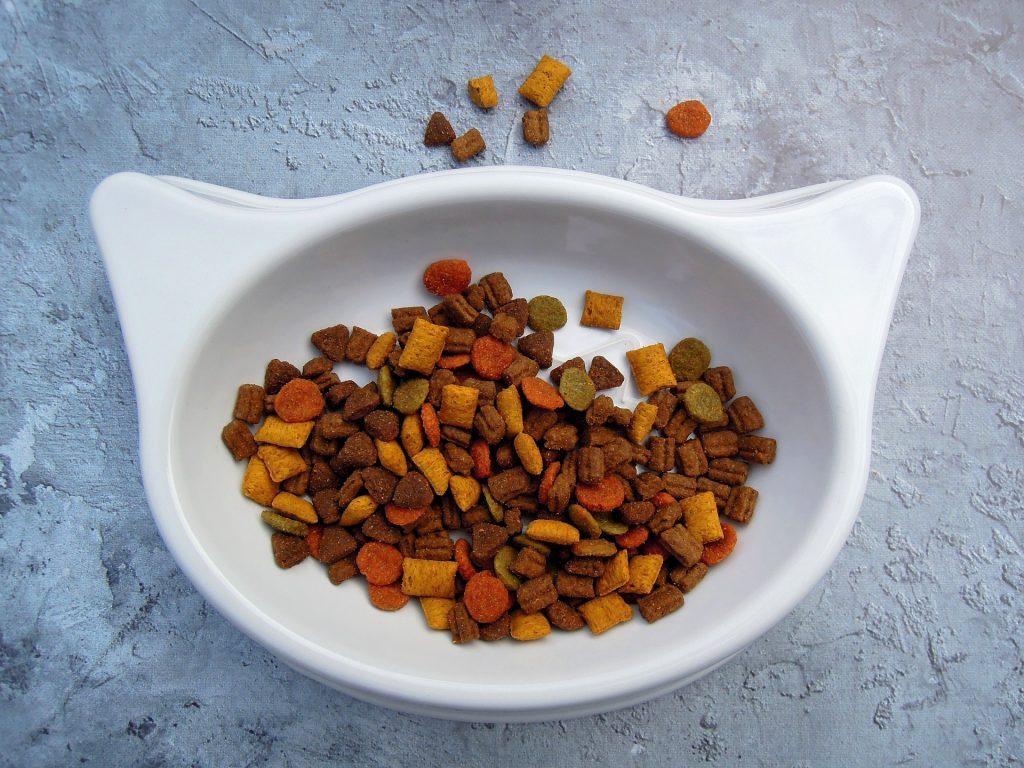
• Another important consideration is the amount of fat in the food. Senior cats have a lower metabolism and may be less active, so they may not need as much fat in their diet as youngish cats. Look for cat foods that has a moderate amount of fat, which will give enough energy without causing weight gain.
• Fiber is also an important component for cats, as it can help promote healthy digestion and help constipation. Food that include a combination of soluble and insoluble fibers, like pumpkin and beet pulp, are a good choice.
• Senior cat may also benefit from added nutrients and supplements, similar as taurine, which is important for heart and eye health, and Omega- 3 and Omega- 6 fatty acids, which can help keep the skin healthy.
• It’s also a good idea to avoid foods that contain artificial preservatives, colors or flavors, as these can be dangerous to your cat’s health.
Factors to Consider When Choosing the Best Senior Cat Food
When choosing the best senior cat wet or dry food, there are several factors to consider, including:
Age : As cats age, their nutritional needs change. Some old cat foods are designed for cats over the age of 7, while others are for cats over the age of 11. Make sure to choose a food that is appropriate for your cat’s age.
Weight : Overweight cats may need a lower calories food, while underweight cats need a diet with more calories.
Health conditions : If your feline health has any health problems, like kidney disease , urinary tract problems or arthritis, it’s important to pick a food that caters to those specific needs.
Lifestyle : Consider your cat’s lifestyle. If they are active, they may need a food with more calories and protein. If they are more sedentary, they may need a food with fewer calories.
Taste : Some cats may have a decreased appetite, so it’s important to choose a food that they find appealing.
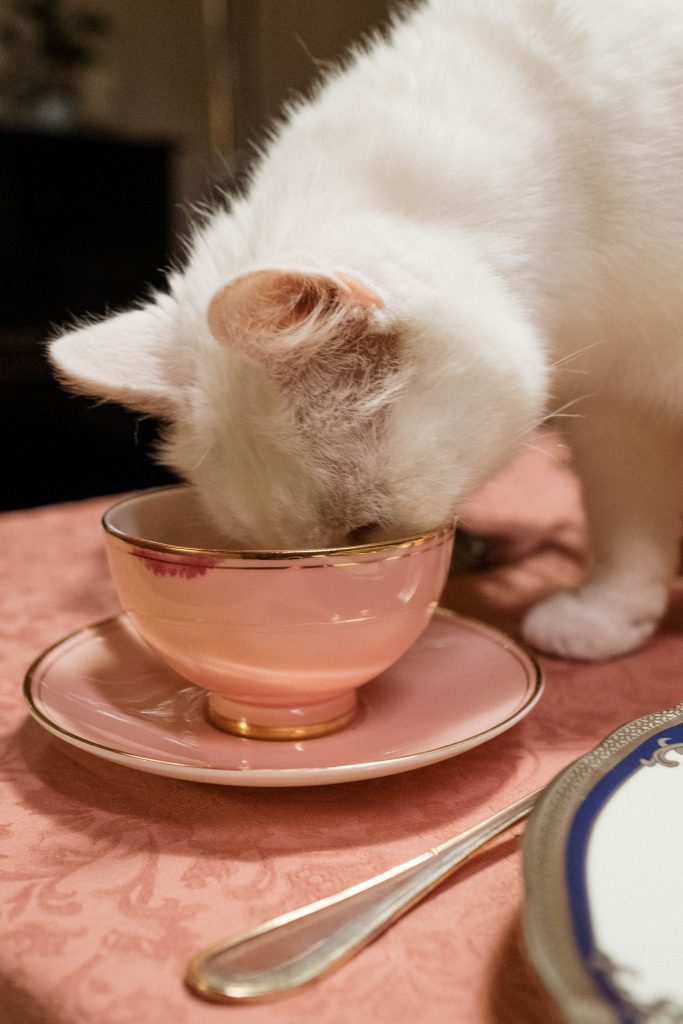
Understanding Senior Cat Food Labels
When choosing the best food, it’s important to understand the label on the package.Here are some of the key terms you should know:
Complete and balanced: This means that the food contains all of the essential nutrients that a cat needs to thrive .
Senior formula: This indicates that the food is specifically designed for senior cats.
Low calorie: This means that the food has fewer calories per serving than other types of cat food.
Low carbohydrate: This indicates that the food has fewer carbohydrates than other types of cat food.
High protein: This means that the food has more protein than other types of food.
Pet food manufacturers must conform to the rules and regulations set by UK Food Standards Agency
Types of Senior Cat Food
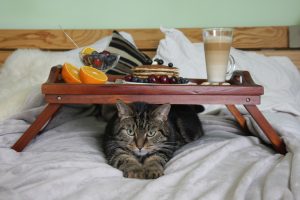
Dry food
Dry cat food is processed and packaged so that it can be stored without refrigeration. It usually consists of small, bite-sized kibbles that your cat can easily eat but it may be more challenging for adult cats to chew.
Dried foods are made by mixing ingredients such as meat, fish, poultry, grains and vegetables together with vitamins and minerals.
Common features of senior dry cat food include (Lower levels of calories, Higher levels of protein, Increased levels of fiber, Added vitamins, antioxidants and minerals) to support their overall health and well-being
Wet Food
Wet senior cat food is a good option for healthy senior cats as it is easy to chew and digest. It also has a high moisture content, which can help to prevent dehydration. Some of the features of senior wet cat food can include (Increased hydration, Easier to digest, Higher levels of protein, added vitamins and minerals).
Also, wet senior food is available in a range of flavors, so it may be easier to find one that an aging cat likes and will eat.
Prescription Food
Cats lose energy as they get older due to a slower metabolism. Weight gain, digestion troubles, and other health concerns might result from this.
Senior cat prescription diet is made to address these changes and advance general health and wellbeing.
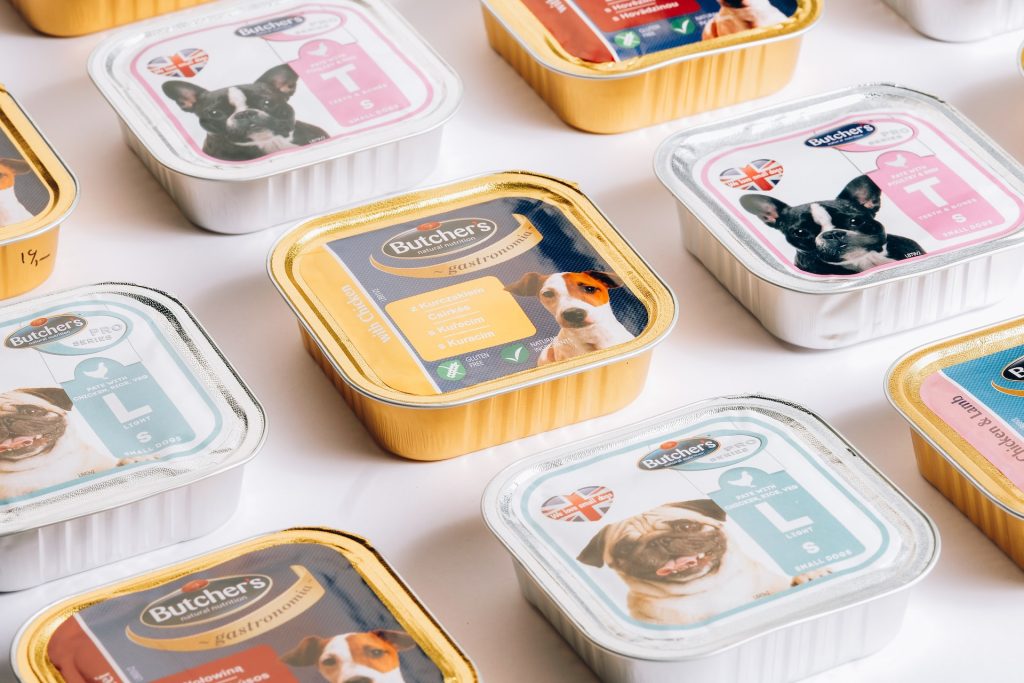
Why Prescription Food is Important for Senior Cats
1. Prevent Weight Gain: Senior cats are more likely to gain weight due to their lower activity levels. Prescription food for senior cats is formulated with fewer calories and more fiber to help prevent weight gain.
2. Improve Digestive Health :Senior cats are more prone to digestive problems, such as constipation and diarrhea . Prescription food for senior cats is designed to promote digestive health by containing easily digestible ingredients and fiber.
3. Manage Chronic Health Conditions : Senior cats are more likely to develop chronic health conditions, such as kidney disease, diabetes, and arthritis. Prescription food for senior cats is formulated to manage these conditions by providing the necessary nutrients and promoting overall health.
Senior-Specific Diets
Homemade Diets
Frequently Asked Questions
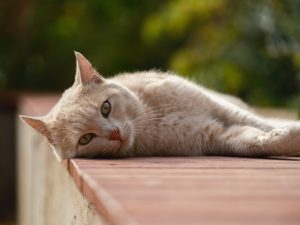
Q: Is it necessary to switch to senior food as my cat gets older?
A: Yes, it’s essential to switch to senior cat food. As cats age, their dietary needs change, and their food is specifically designed to meet these changing needs.
Q: Can senior cats eat regular cat food?
A: Yes, they can eat regular cat food, but it may not provide all of the nutrients that they need.The food is specifically formulated to meet the unique nutritional requirements of aging cats.
Q: How often should I feed my senior cat?
A: The frequency of feeding depends on the age, weight, and overall health of your senior cat. As a general rule, older cats tend to eat smaller meals more frequently throughout the day. It’s important to discuss your senior cat’s dietary needs with your veterinarian.
Q: Can I mix senior cat food with regular cat food?
A: Yes, you can mix senior cat food with regular cat food, but it’s important to ensure that your cat is getting the right balance of nutrients. Gradually transition your cat to the new food over a period of several weeks to avoid upset stomachs.
Q: What are the signs that my cat needs a senior cat food?
As cats age, they may experience a decline in their overall health and wellness.Some common signs include a decrease in activity levels, weight loss or gain, changes in bowel movements, and a decrease in their ability to groom themselves.
If you notice any of these changes in your cat, it’s important to discuss their dietary needs with your veterinarian.
Q: What are the benefits of feeding my senior cat a senior cat food?
A: A senior cat food is specifically formulated to meet the unique nutritional needs of aging cats. Some of the benefits of feeding your senior cat a senior cat food include:increased energy levels, improved joint health, and support for a healthy immune system. Additionally, such food can help to maintain a healthy weight and keep your cat feeling young and vibrant.
Q: Can senior cat food help with joint problems in cats?
A: Yes,some senior cat foods contain added joint support, such as glucosamine and chondroitin, which can help to reduce joint pain and stiffness in aging cats. If your senior cat is experiencing joint problems, it’s important to discuss their dietary needs with your veterinarian and choose a the food that contains added joint support.
Q: How do I transition my cat from regular cat food to senior cat food?
A: Gradually transition your cat from regular cat food to senior or adult cat food over a period of several weeks. Mix the two types of food together in gradually increasing proportions until your cat is only eating the senior cat food. This will help to avoid upset sensitive stomachs and ensure a smooth transition.
Q: Can senior cats eat dry or wet cat food?
A: Both wet cat food and dry cat food can be suitable for senior cats.The choice between wet and dry cat food depends on your senior cat’s individual needs and preferences. Some may prefer wet, some prefer it as dry.
Q: Can senior cats eat food that is meant for kittens?
A: No, they should not eat kitten food. Because they are formulated to meet the unique nutritional needs of growing cats and are not suitable for older cats. Aging cats have different nutritional needs and need diet specifically designed to meet those needs.
Q: What are the dangers of overfeeding my senior cat?
A: Overfeeding can lead to weight gain and health problems such as diabetes and joint problems.It is important to follow senior cat food portion recommendations and monitor weight regularly. If you notice your older cat gaining weight, you may need to adjust their diet or reduce their food intake.
Q: Is it safe to switch my senior cat’s food frequently?
A: Frequent changes can lead to digestive problems and other health problems. It is best to stick to a consistent diet with older cats and only change their diet if necessary for their health or recommended by a veterinarian.
Q:At what age should a cat be switched to a senior diet?
A: Cats are usually considered senior by the age of 7, and it’s recommended to switch to a senior diet around this time. However, the exact age at which your cat transitions to a senior diet depends on factors such as breed, weight, and general health.
Q:Is canned cat food better for older cats?
A: Canned foods are more hydrating than dry food,with more protein and moisture, making them a good choice. This is beneficial as older cats often suffer from dehydration and can benefit from the extra hydration provided by wet food. In addition, wet cat food is more appealing and less difficult to chew than dry food, making it easier for them to eat.
Conclusion
In conclusion, proper nutrition is essential for the health and happiness of senior cat and choosing the best senior cat food is an important decision for cat owners. With a little bit of research and understanding, you can make sure that your aging cat is getting the nutrients they need to stay healthy and happy.
Consider factors such as age, weight, health conditions, lifestyle, and taste when choosing the best adult cat diet for your furry friend.
Always consult with your veterinarian to ensure that you’re making the best choice for your adult cat’s individual needs.